Erbil: Books
I moved to Erbil, Iraqi Kurdistan, on October 30, 2021. Here's a non-exhaustive list of books that have kept me company since, in precious hours between work, deepening my understanding, slowly, of the region, and providing me with ample questions for my kind, patient housemates... It is such a vibrant, fascinating part of the world, and I can't wait to explore more in 2022.
There is, of course, far more to its history than remnants and memories of ISIS, but it is an important place to start, I think, for getting to grips with the current politics:
1. ISIS: A History, Fawaz A. Gerges
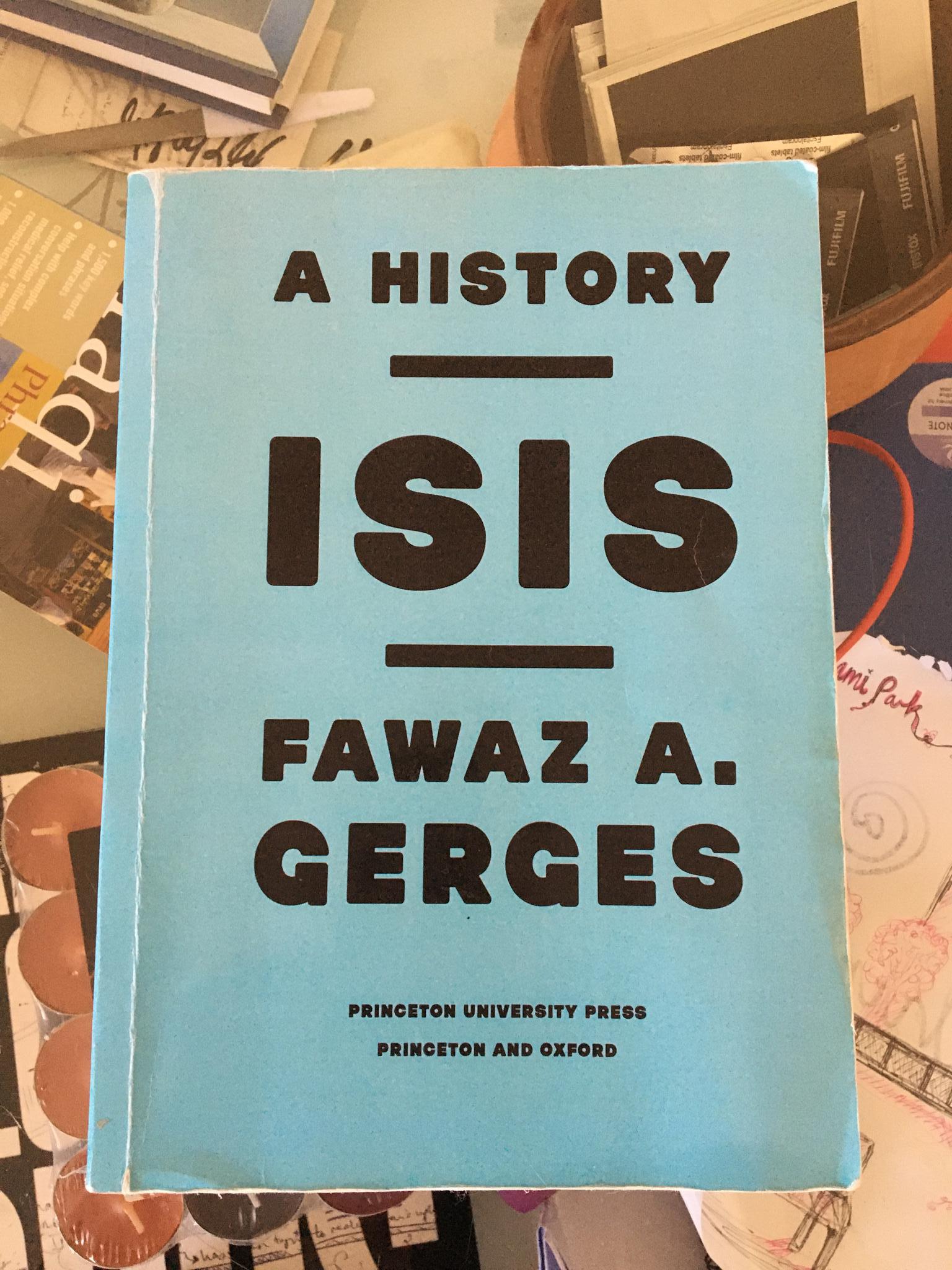
This is a fantastic overview of the origins of the Islamic State, the twisted logic of its ideology, and how it evolved out of Zarqawi and AQI and the twin disasters of the US invasion and post-withdrawal government. Gerges is a masterful writer, and his words are as smooth and analytical as I've been told his reasoned and passionate lectures are. Handed to me, gently, after another conversation into the not-so early hours of the morning, I especially rate the chapter on the misappropriation of the Arab Spring, and the obvious, devastating reality that the Syrian War empowered ISIS.
2. They Will Have to Die Now: Mosul and the Fall of the Caliphate, James Verini
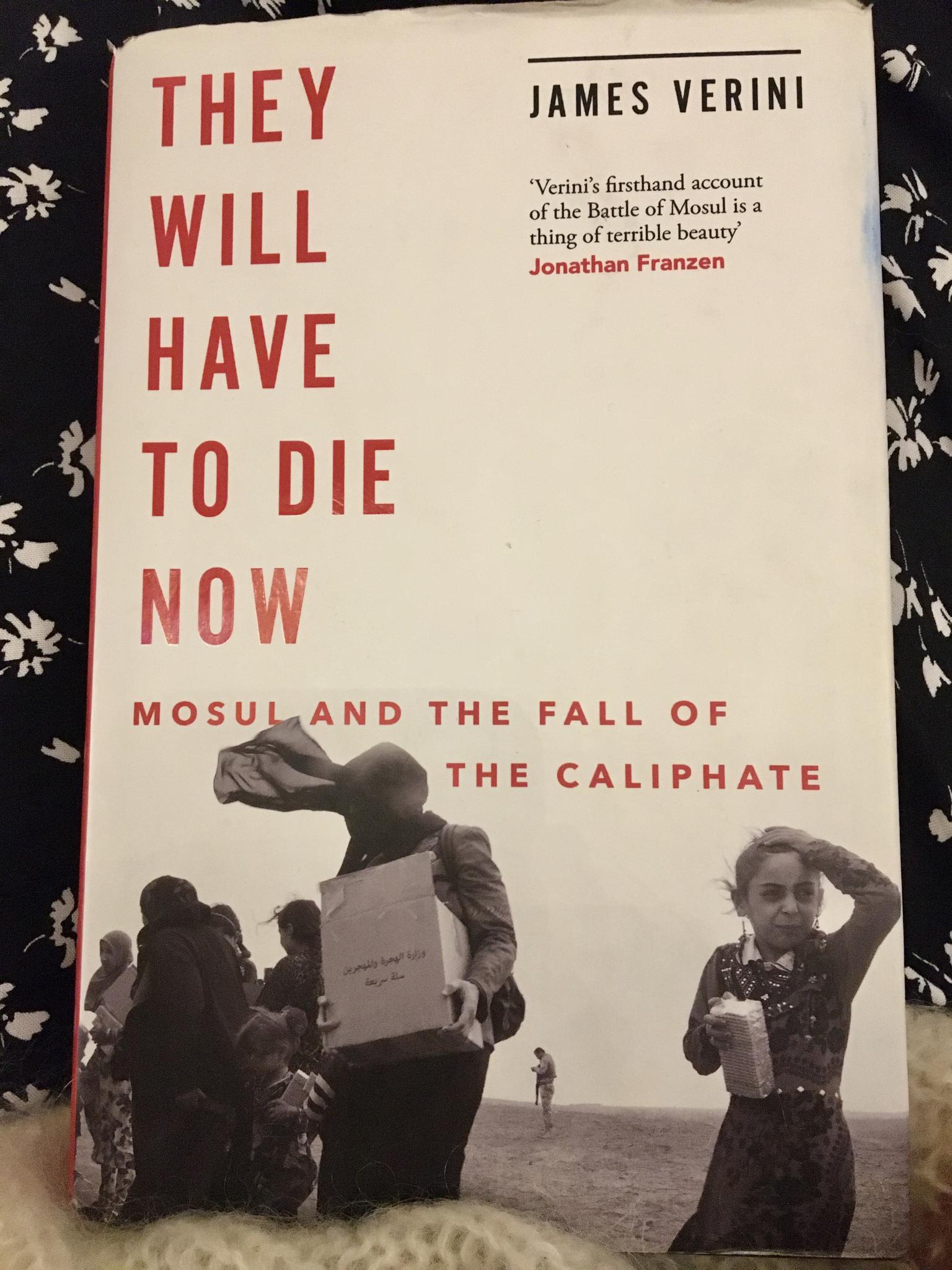
An utterly brilliant account (and, almost, memoir) of Verini's time covering the Battle of Mosul, which beautifully weaves together personal accounts and political history from across time-periods. I had imagined a military-stye description of the operation to reclaim the ISIS stronghold, but it is so much richer; simultaneously tracking families and their various views of the insurgency group alongside the evolution of the country's politics and history. Although my visa, for now, permits me only in territories administered by the KRG, Mosul is little over an hour's drive from my flat and high on next year's agenda...
3. A Modern History of the Kurds, David McDowall
https://b-ok.asia/book/1225100...
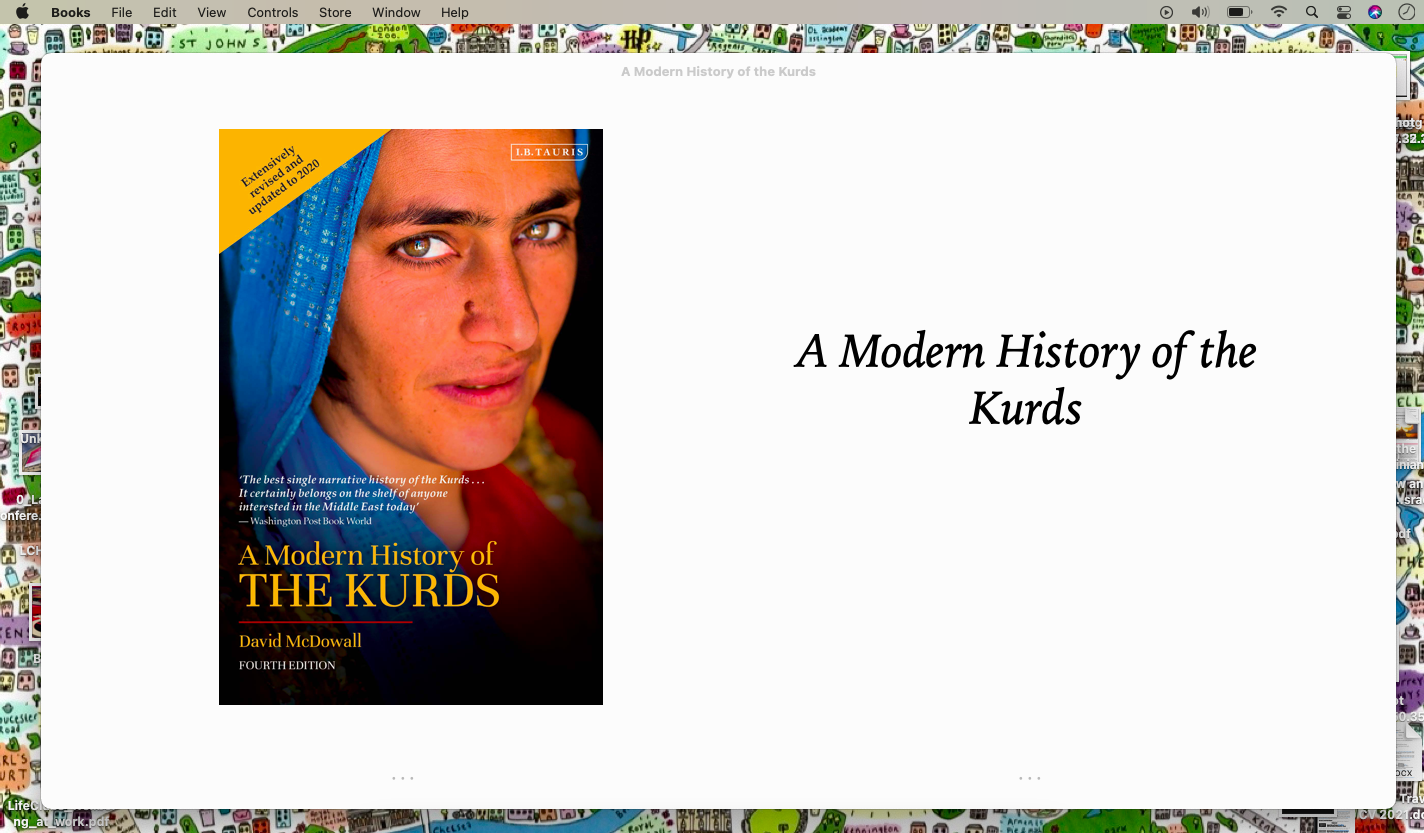
The definitive guide of Kurdish history, and vital reading (I was told by many) for understanding the current situation and various political administrations and opposition groups and movements in Syria, Turkey, Iran and, of course, the Kurdistan Region. Impressive, unbiased, and helpfully up-to-date, the online version considers even the impact of COVID-19. I keep a copy on my desk, and return to it often.
4.The Media At War, Susan L. Carruthers
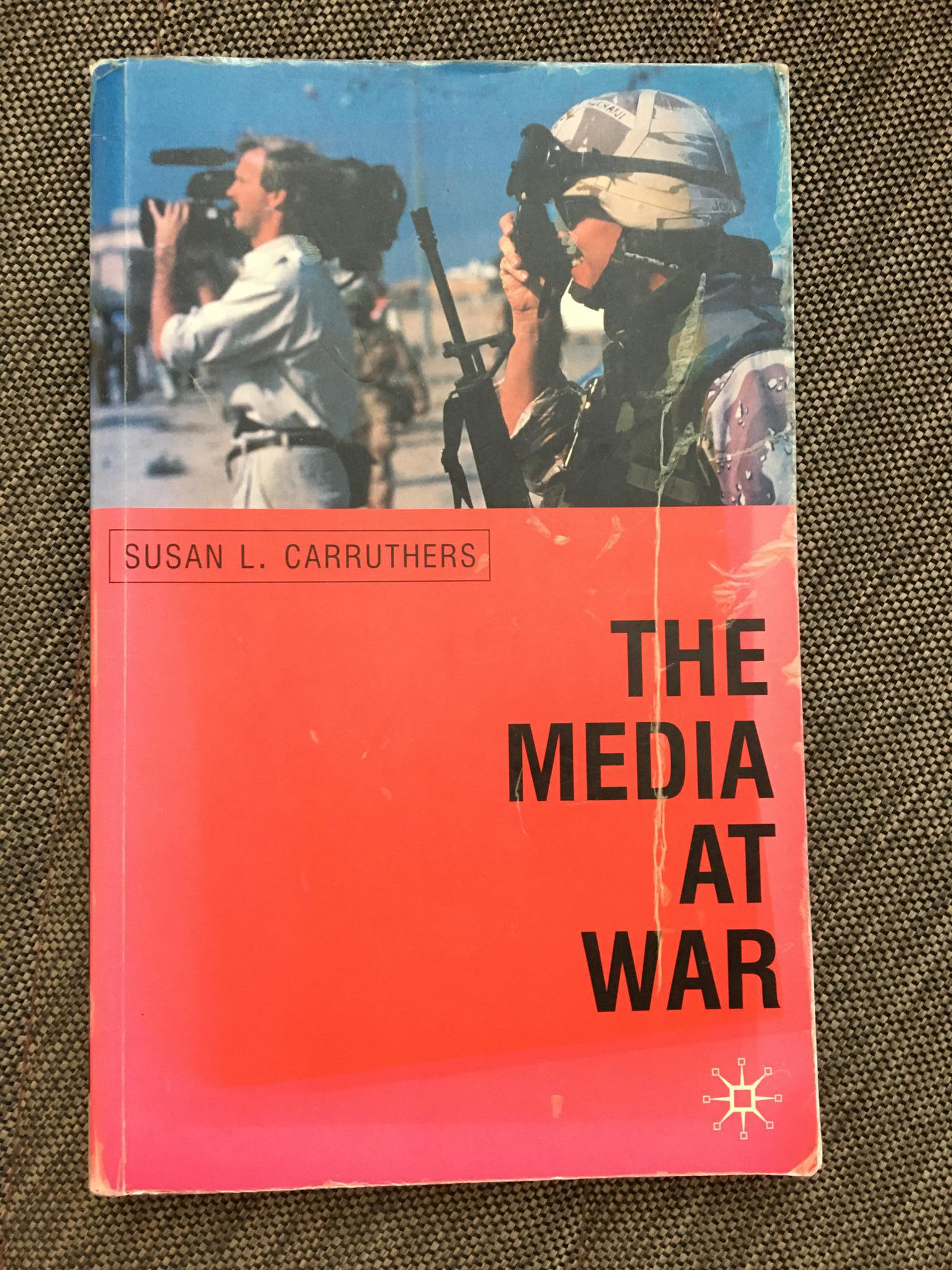
Disclaimer: I first read this at uni, but took it back to Berlin with me this summer and on the flight to Erbil, determined to appreciate it in a context away from hungover tutorials and all-nighters. I'm working in a news outlet, and this book has made me think critically about the role of the media both during and after conflict, and how the very act of representing violence can be taken as anti-war in effect; if not against the "enemy", towards the state. Lots of good examples here on both the value of war reporting, and how the media can be used as a weapon.
5. The Last Girl, Nadia Murad & Jenna Krajeski
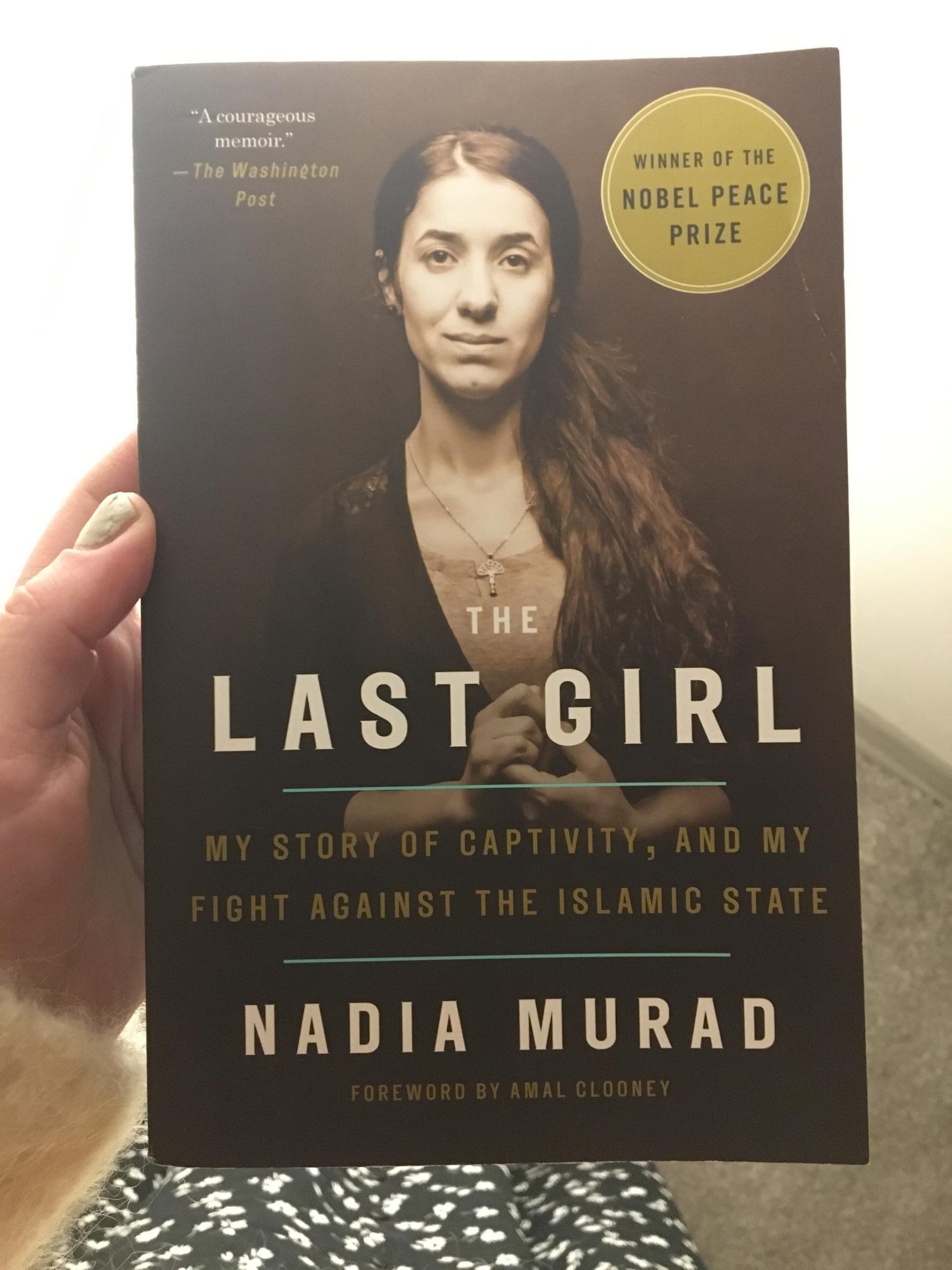
Horrific, important. Murad's account of her ordeal under ISIS should be read by all.
6. The Rise of Islamic State: ISIS and the New Sunni Revolution, Patrick Cockburn
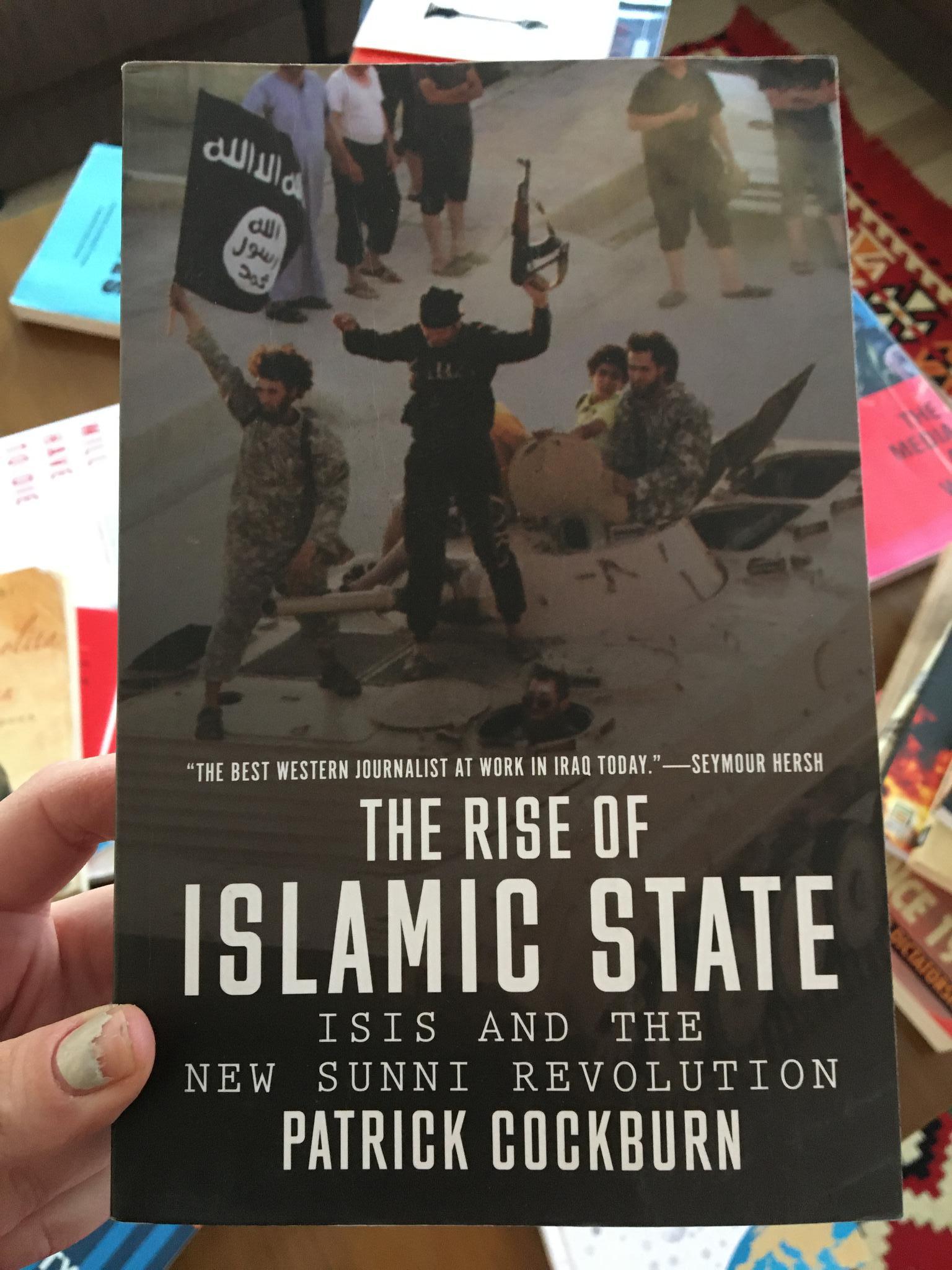
Again, this is a useful and simplistic overview of the origins of ISIS. Published before the group were declared defeated in 2017, this book is nonetheless still worth a read. The coverage of the August 2014 massacre of Yazidis in Sinjar (see The Last Girl, above, for more) is especially vital, but I found the whole thing a refreshingly succinct summary. There is no mystery behind the group's success.
7. Reading Lolita in Tehran, Azar Nafisi
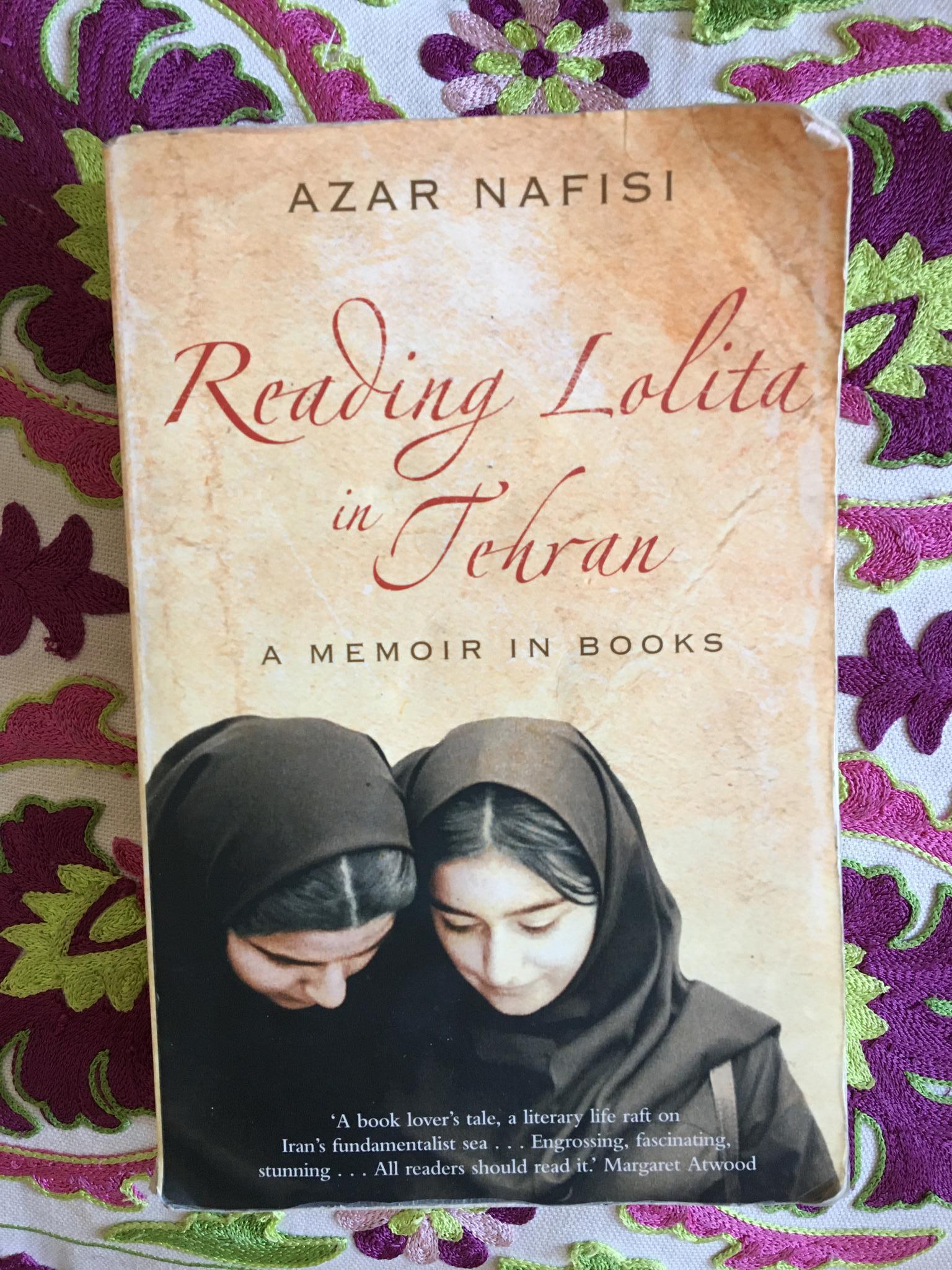
Totally loved this. Thought-provoking and powerful, initially set in late 1990s Iran but flits from Pride and Prejudice to the Iran-Iraq war and the Islamic Revolution. Also - personal note - has made me incredibly keen to join a book club...
8. Why Nations Fail: The Origins of Power, Prosperity and Poverty, Daron Acemoglu & James A. Robinson
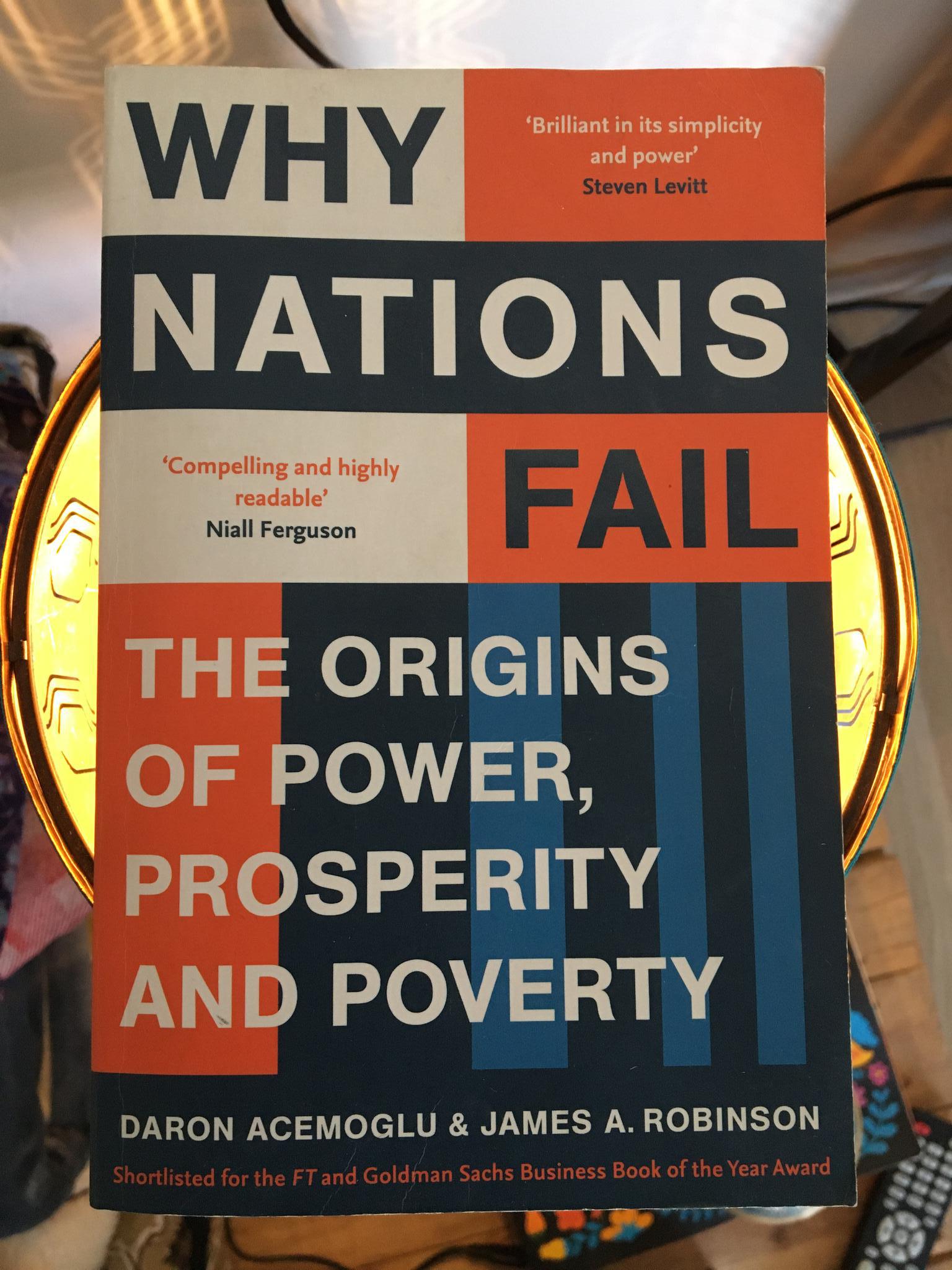
Such an impressively well-researched exploration of hundreds of years of human development, and of an issue particularly on my mind. In short, Acemoglu and Robinson look at why some countries get rich while others don't, answering a lot of the "big" questions but raising just as many. Something I ought to read again in the new year with a more specific focus on my current home and its political class.
9. Frankenstein in Baghdad, Ahmed Saadawi
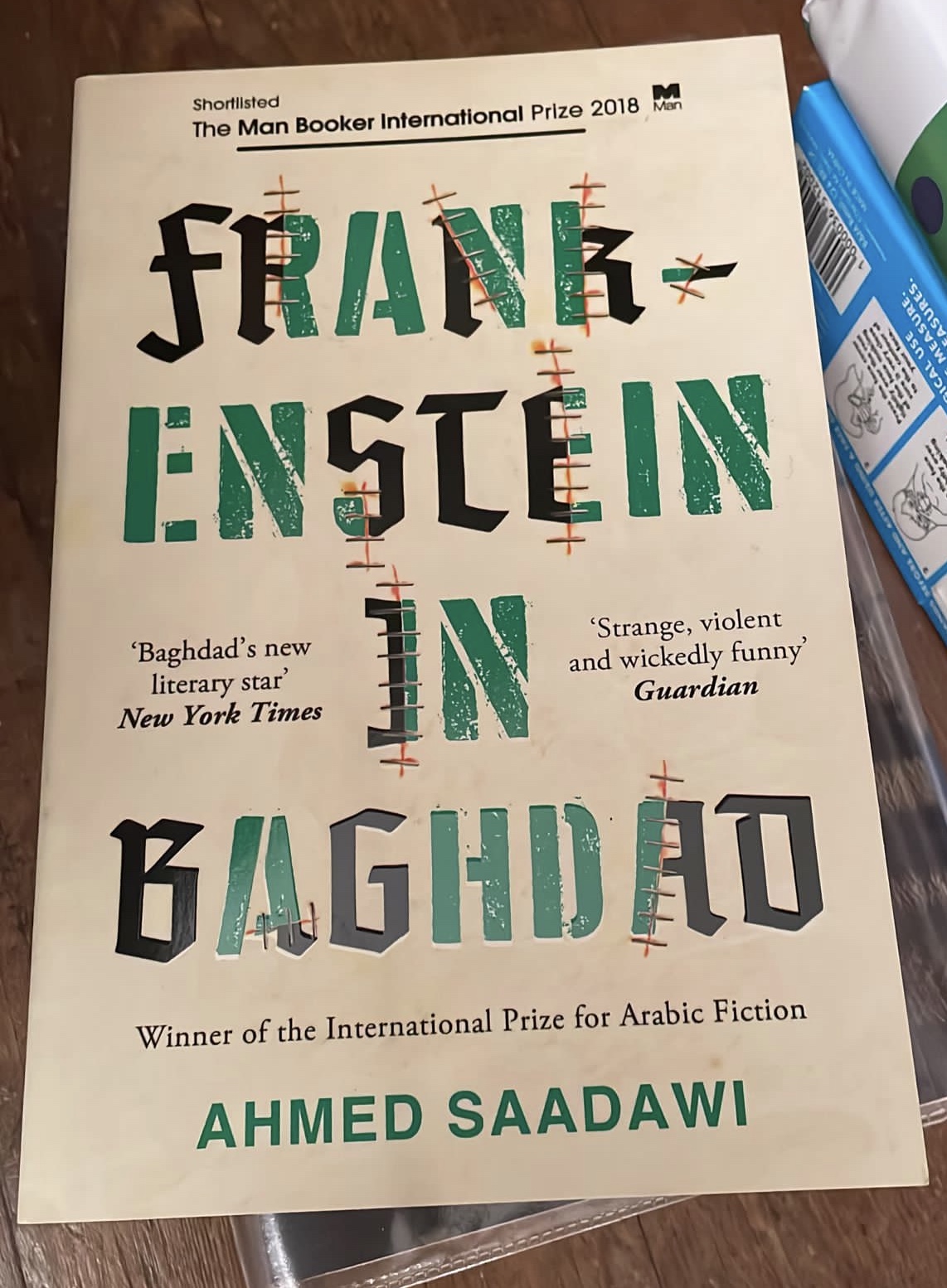
Perhaps not the immediate choice to send a father slightly concerned about what his daughter is getting up to... but I loved this so much, I sent a copy as a Christmas gift this year. Beautifully written and literary inventive, it offers a glimpse of the chaos and horror in Baghdad through the guise of dark humour.
10. Perspepolis 1 & 2, Marjane Satrapi
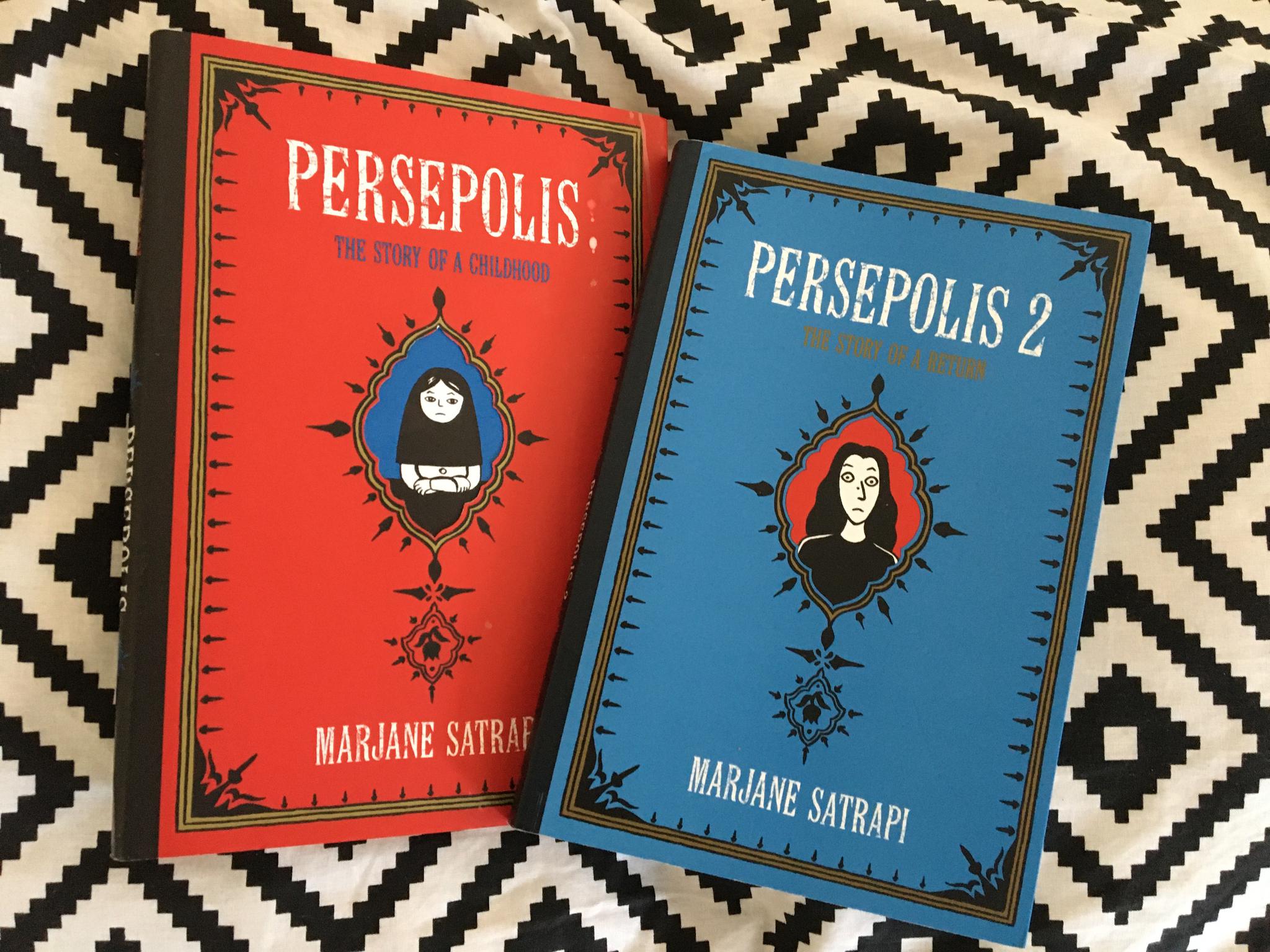
Such charming illustrations, capturing a childhood in Iran during the Islamic Revolution and, latterly, an adolescence in Vienna and return to Tehran. Satrapi is a creative genius, and these books provide insight into a country I know so little about through a child's unfiltered eye.
11. The Forty Rules of Love / Three Daughters of Eve, Elif Shafak
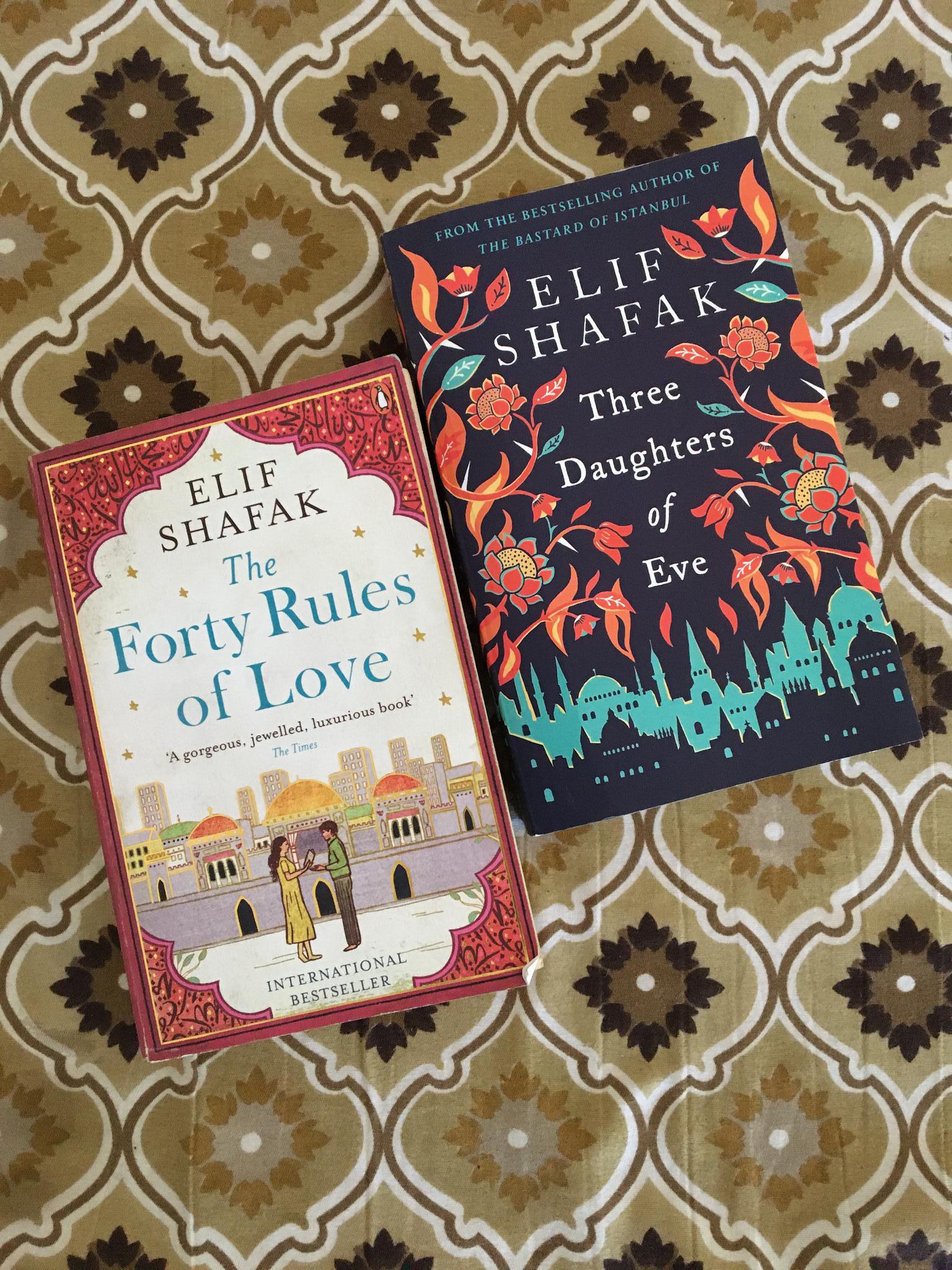
Light and extremely beautiful relief. In both of Shafak's novels, I especially appreciated the contrast between West and East, and the exploration of cultural differences between.
12. Empireland: How Imperialism Has Shaped Modern Britain, Sathnam Sanghera
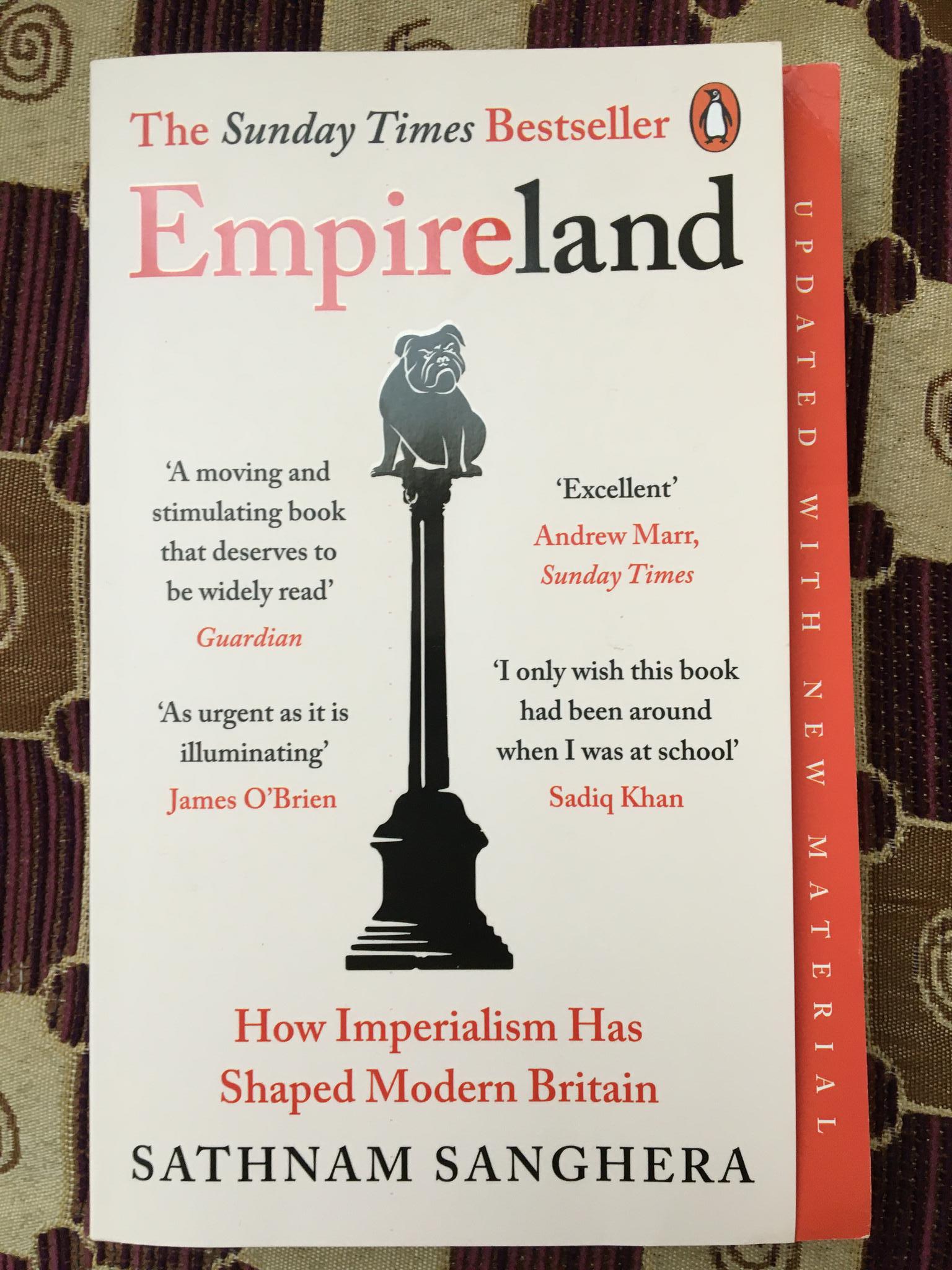
I've been a fan of Sanghera's writing in the The Times for years, and was glad to get a copy of this for Christmas (subsequently devoured on Boxing Day). There's not much on the Sykes-Picot or origins of modern Iraq et.c, but it offers an important guide to the psyche of my nation - and the assumptions and attitudes its people carry. There is an eery reference to contemporary politics, in the inclusion of LG Sir Stanley Maude's words upon the fall of Baghdad to Britain during the First World War. "Our armies do not come into your cities and lands as conquerors or enemies, but as liberators," he declared way back in 1917.
13. 13 Things Mentally Strong People Don't Do: Take Back Your Power, Embrace Change, Face Your Fears, and Train Your Brain for Happiness and Success, Amy Morin
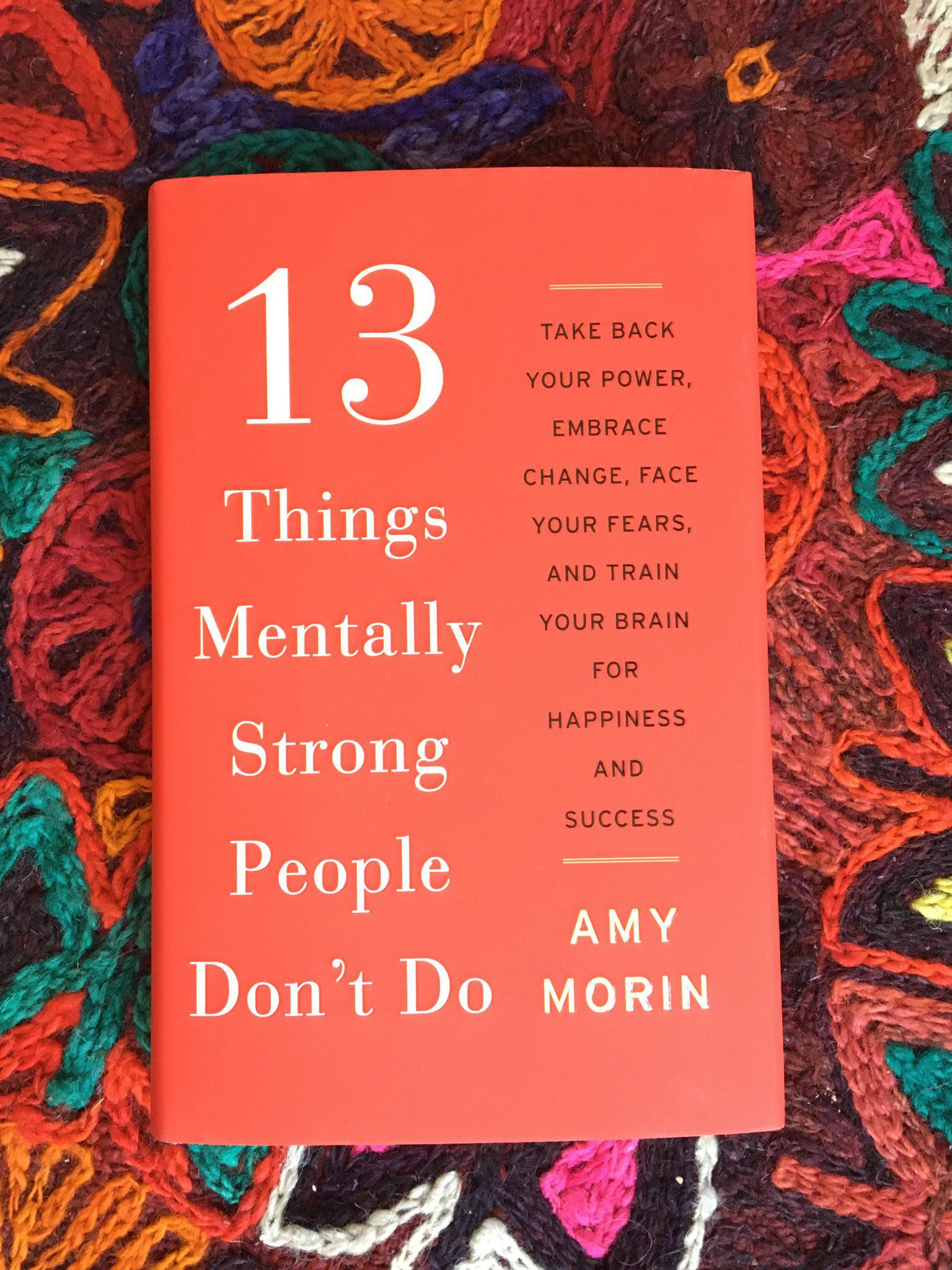
Finally. Picked up in a glorious English bookshop in Dohuk when I was feeling overwhelmed. Something that has struck me over the past few months is how tough people can be, and how the values I have come to rely upon are less vocalised. Number 14 in the list of things mentally strong people don't do is probably "buy self-help books," but the cover made me laugh, and there's some decent (obvious) advice. Here's hoping that 2022 features stricter boundaries, and continued curiosity.
